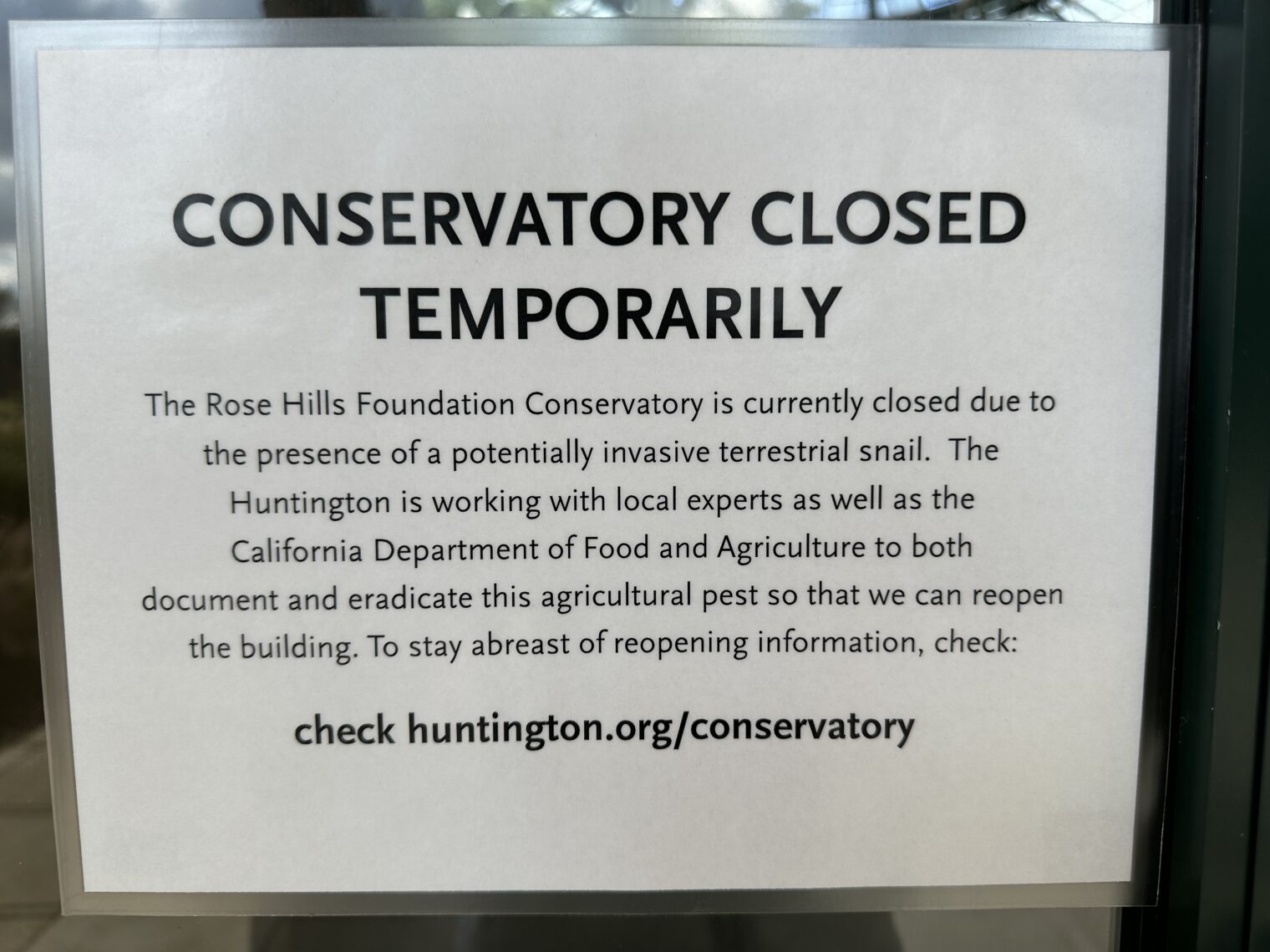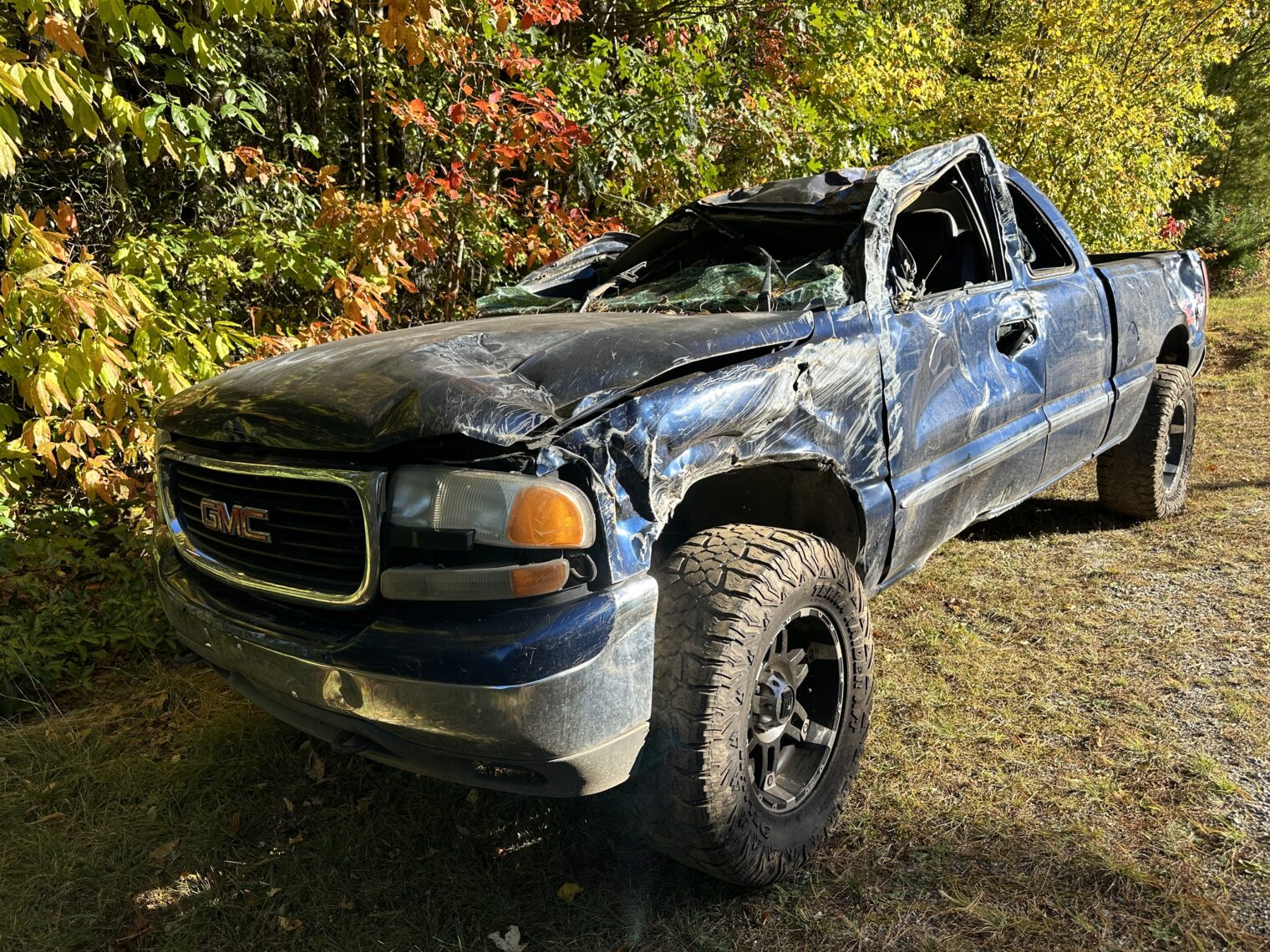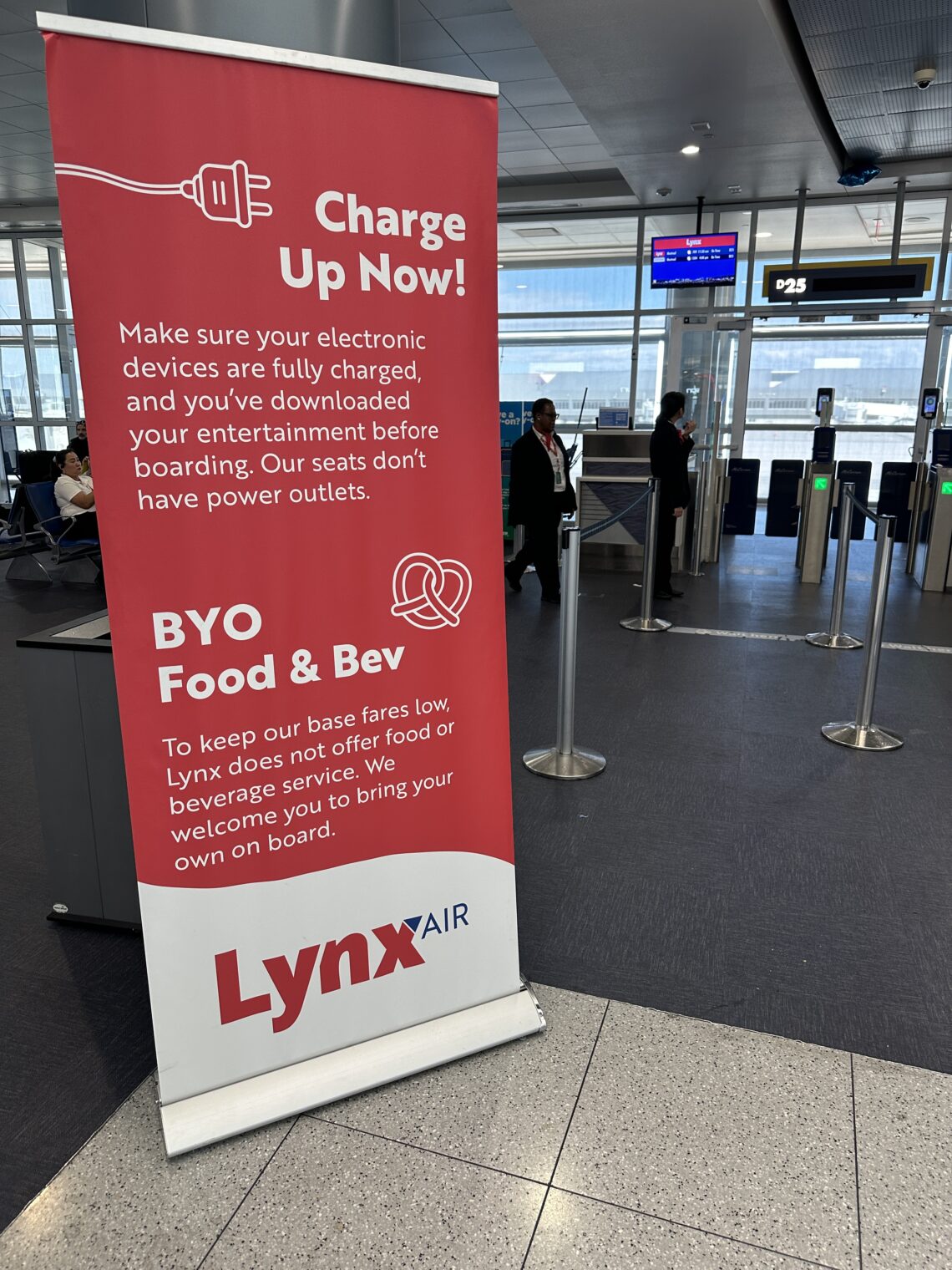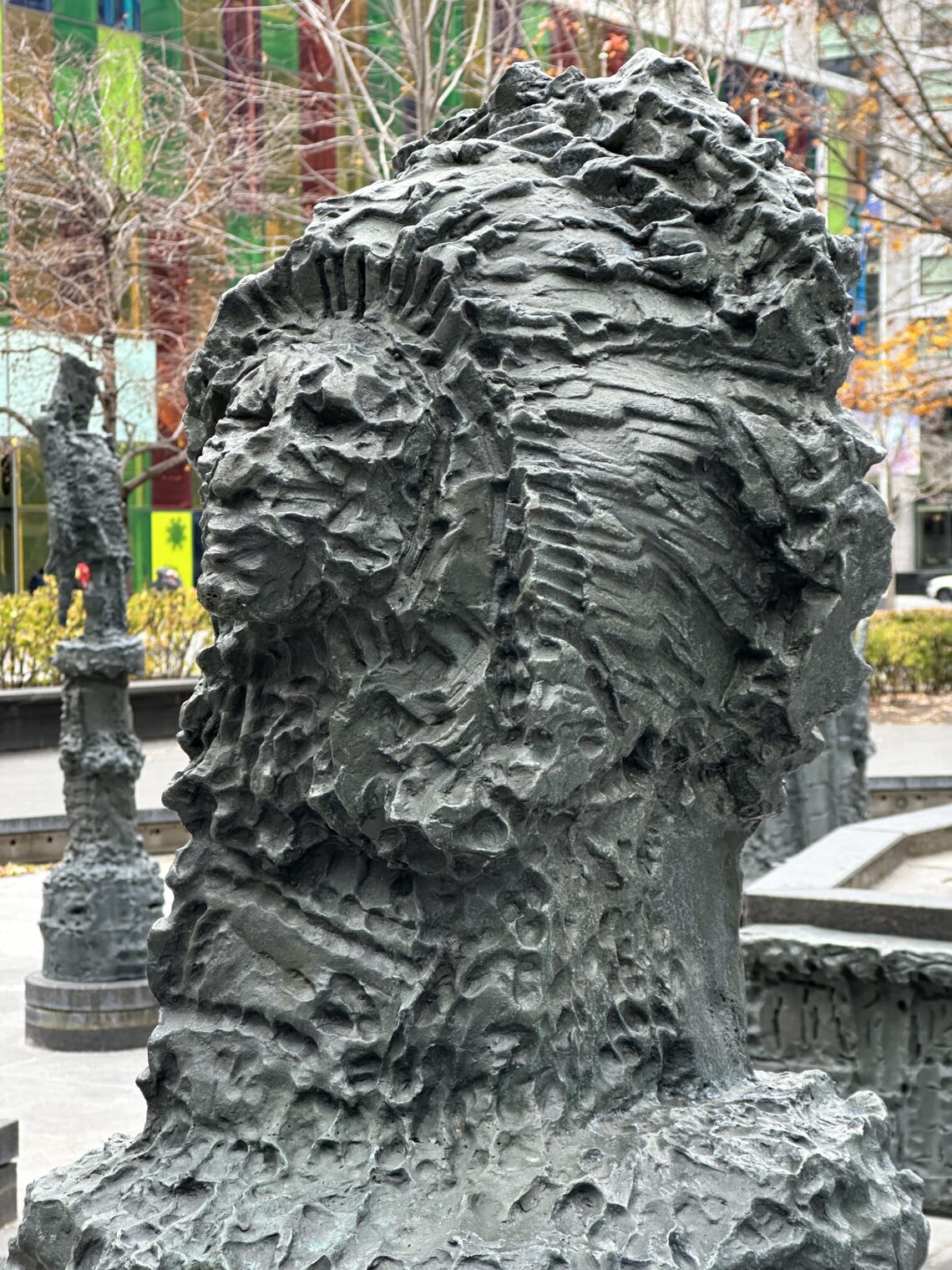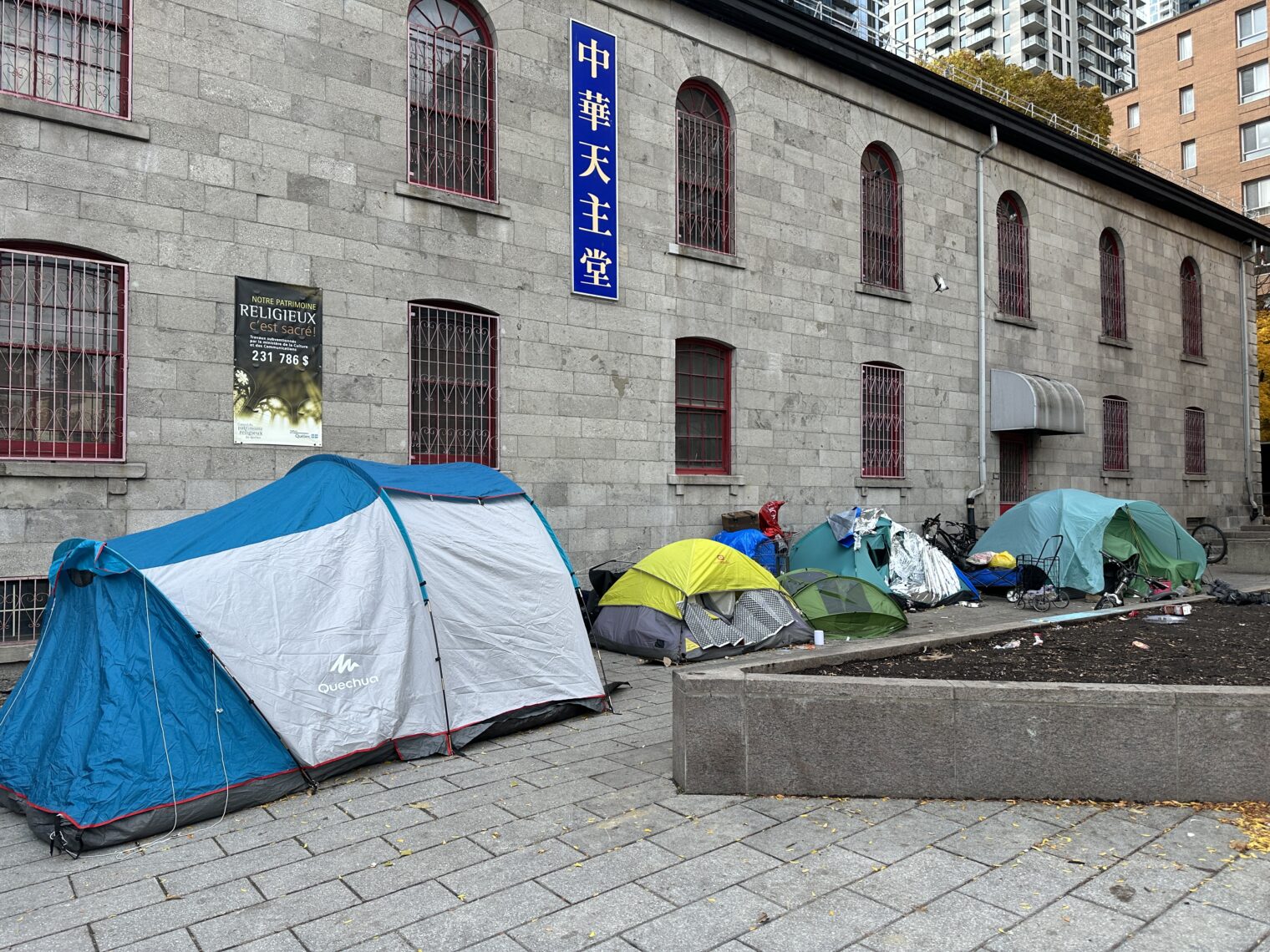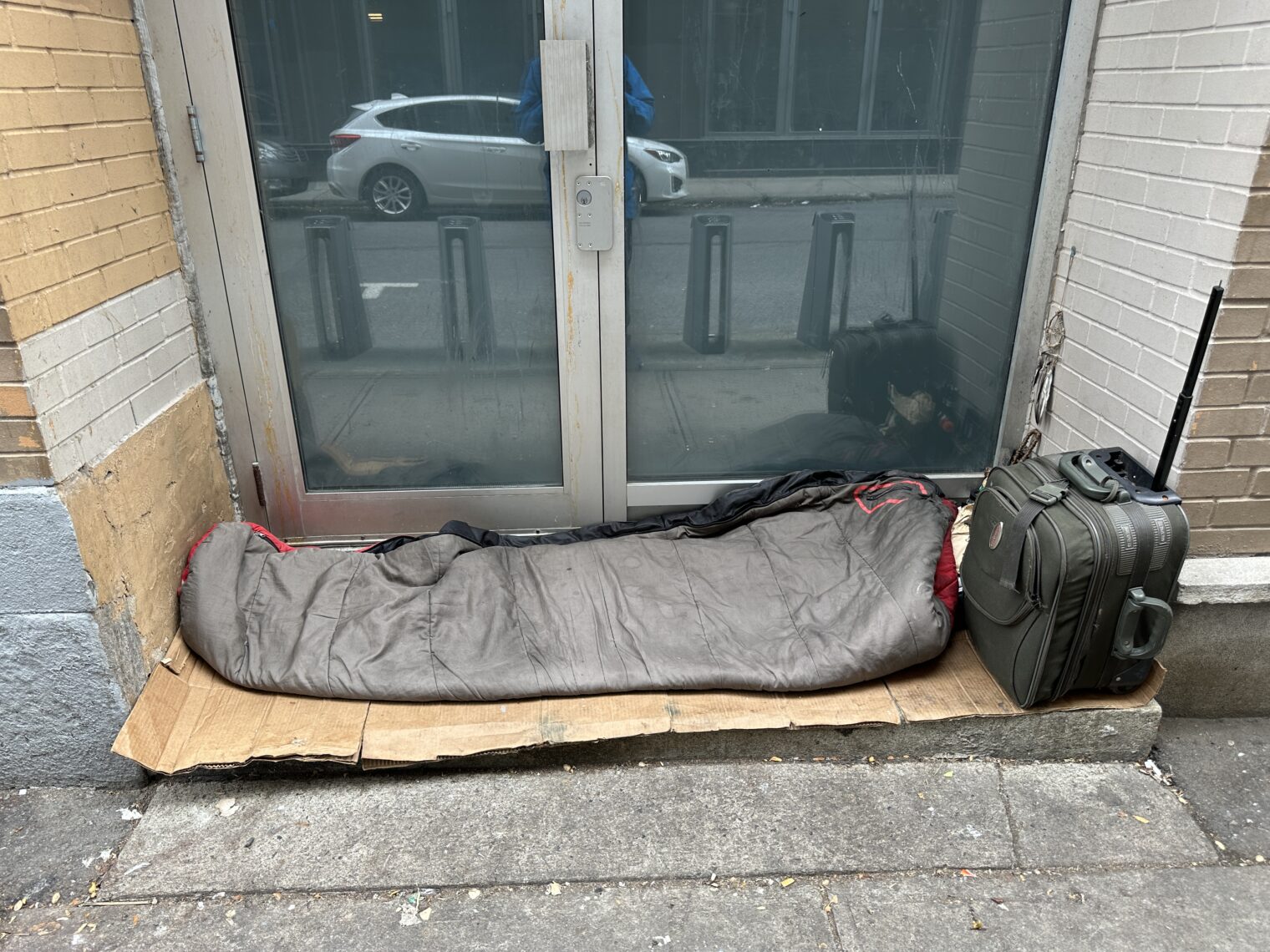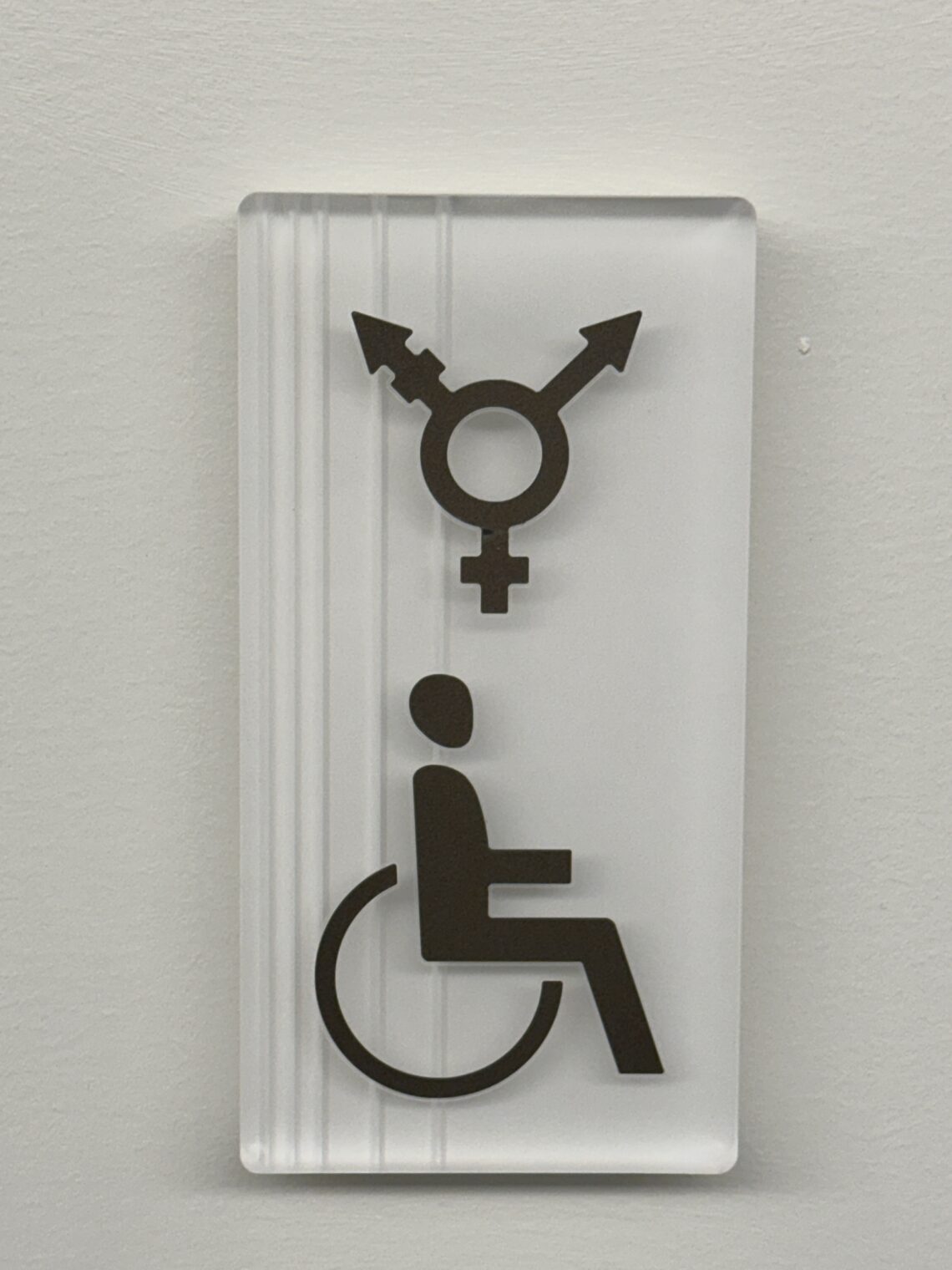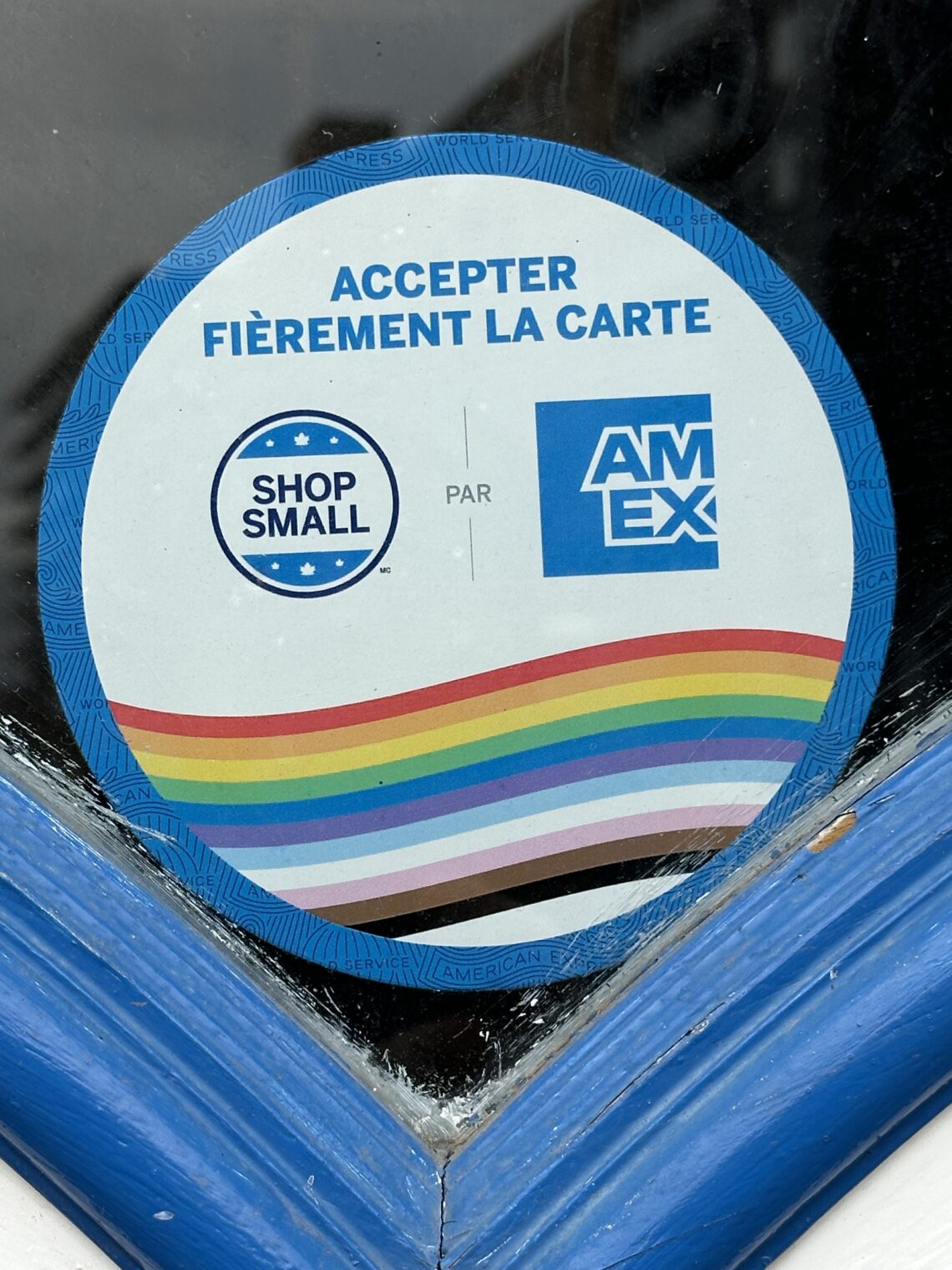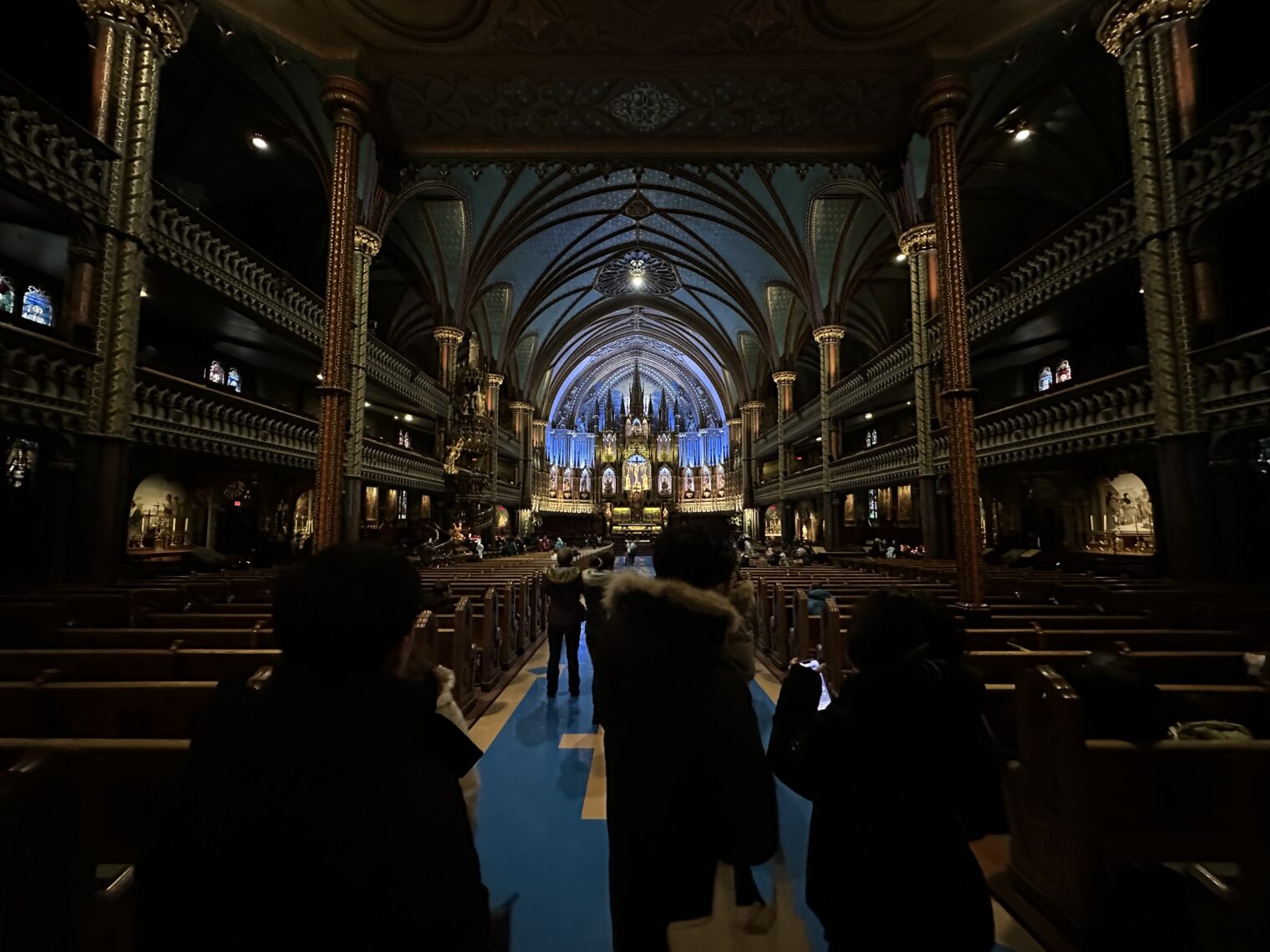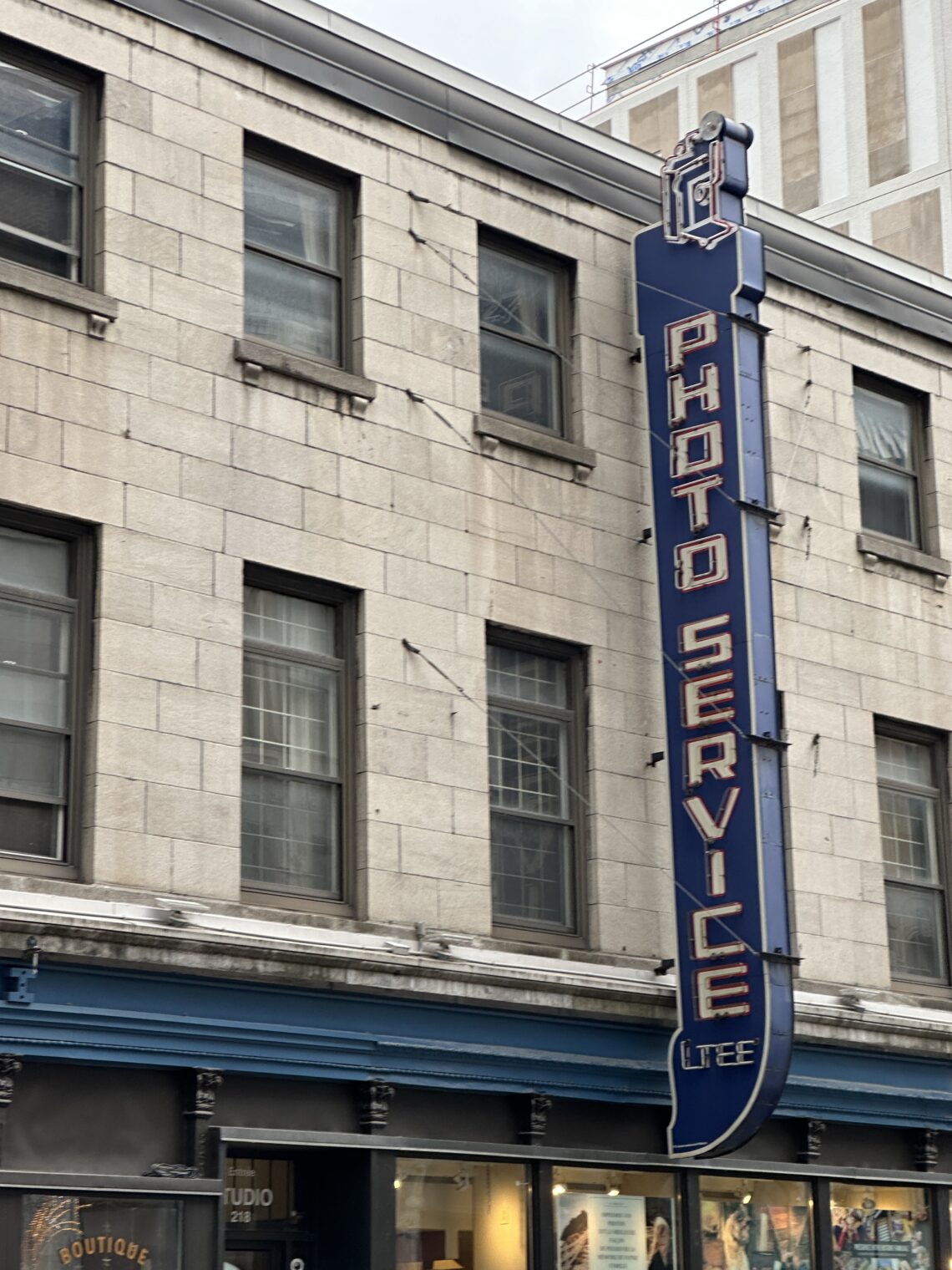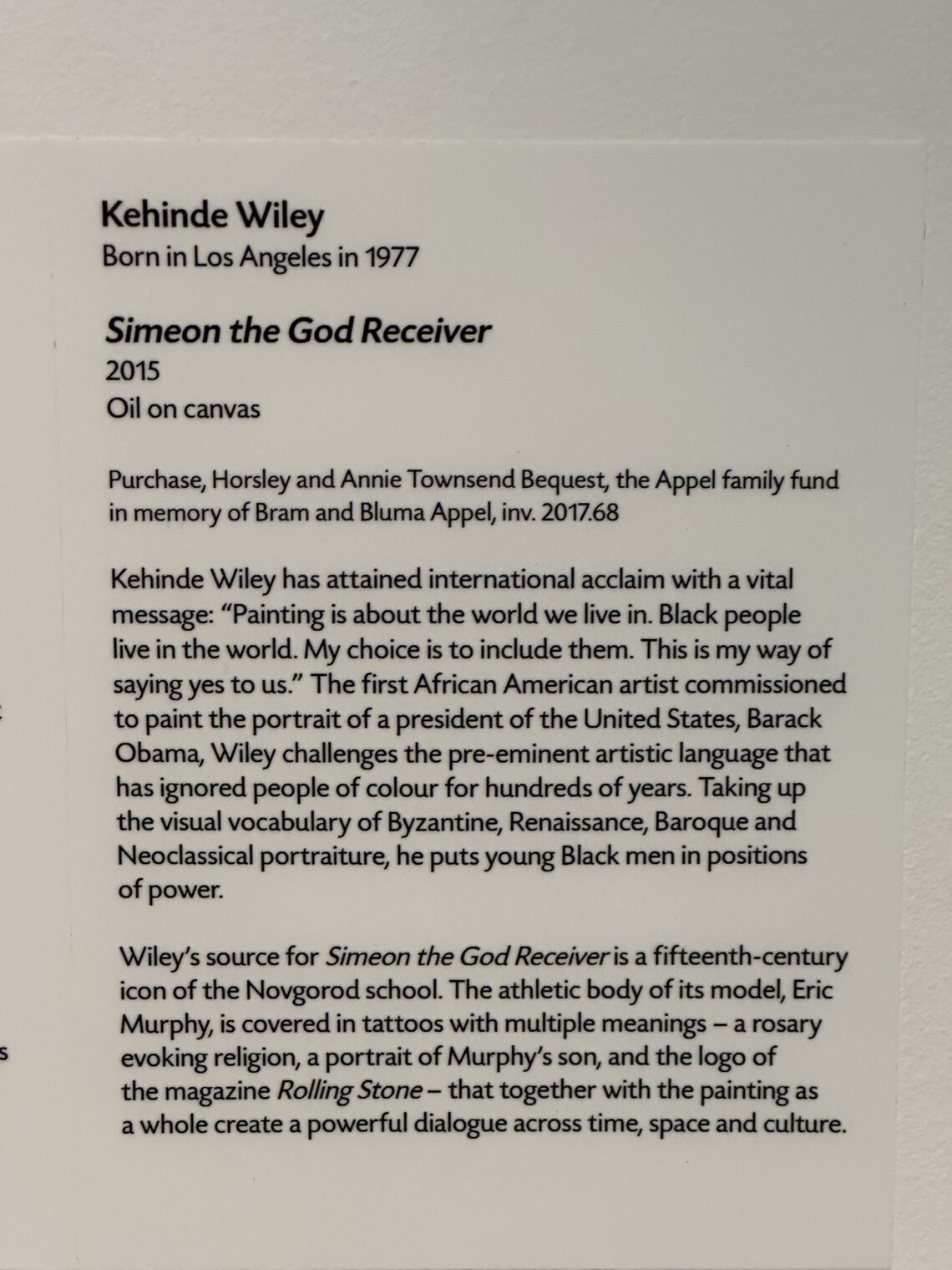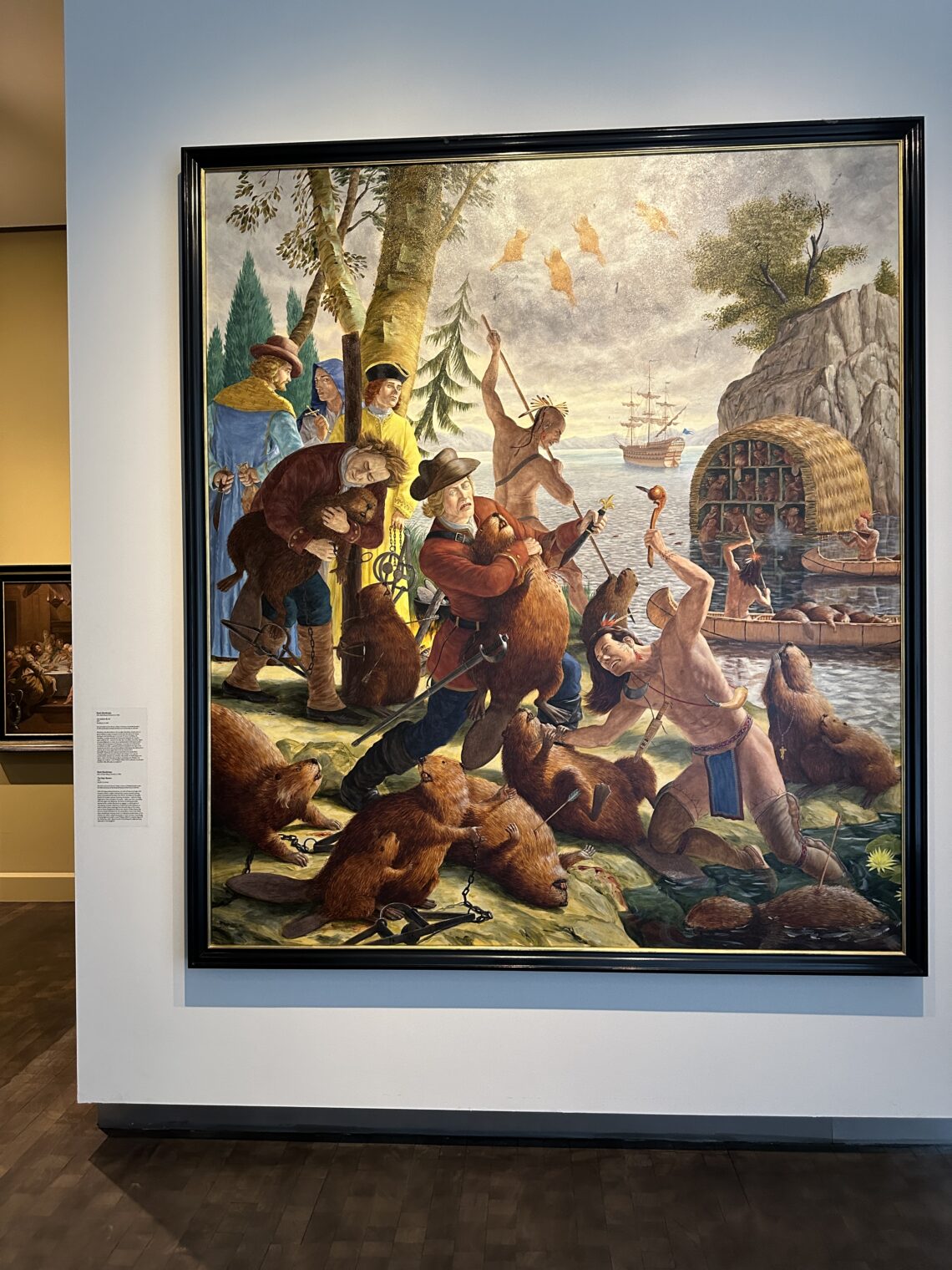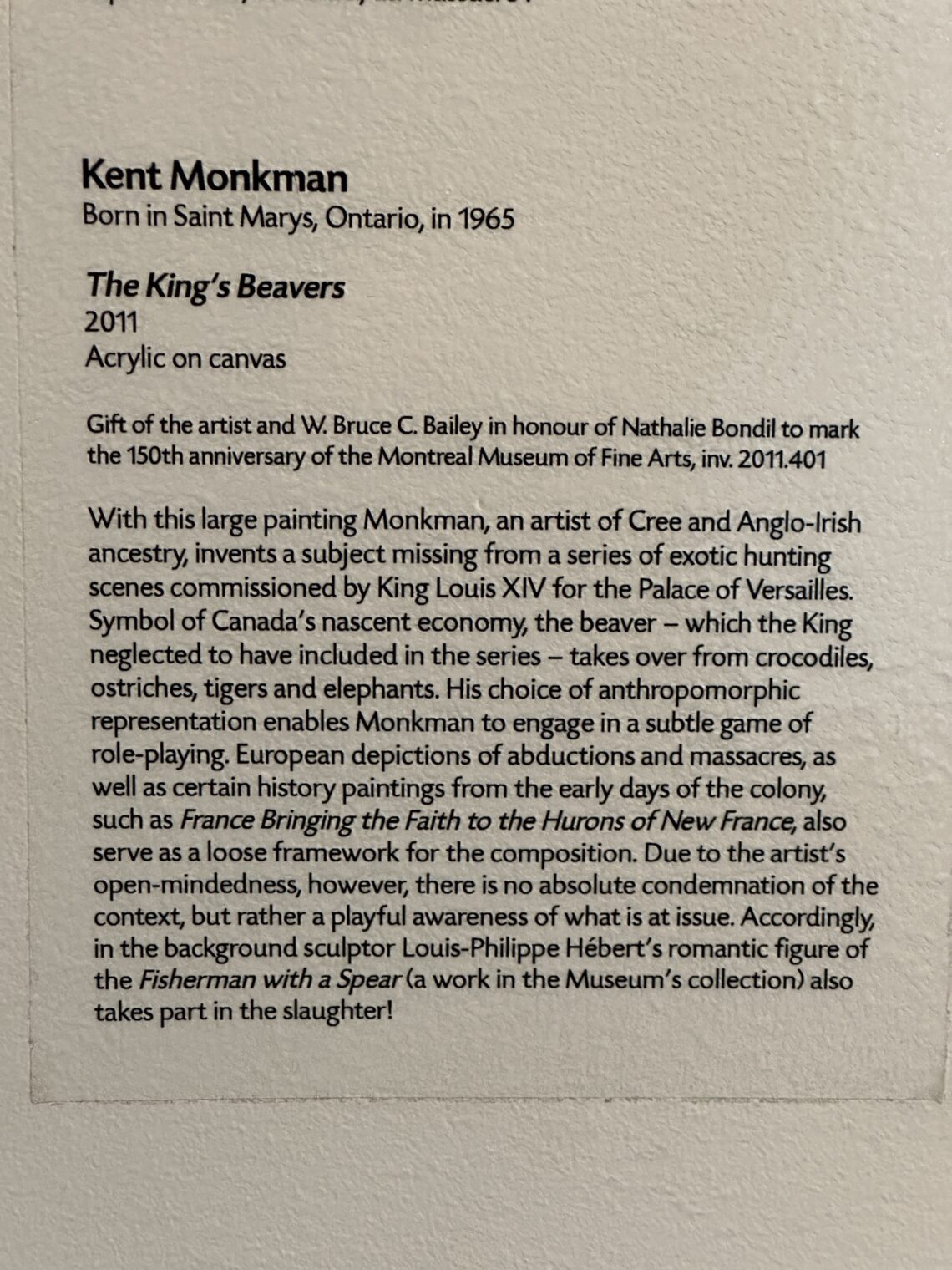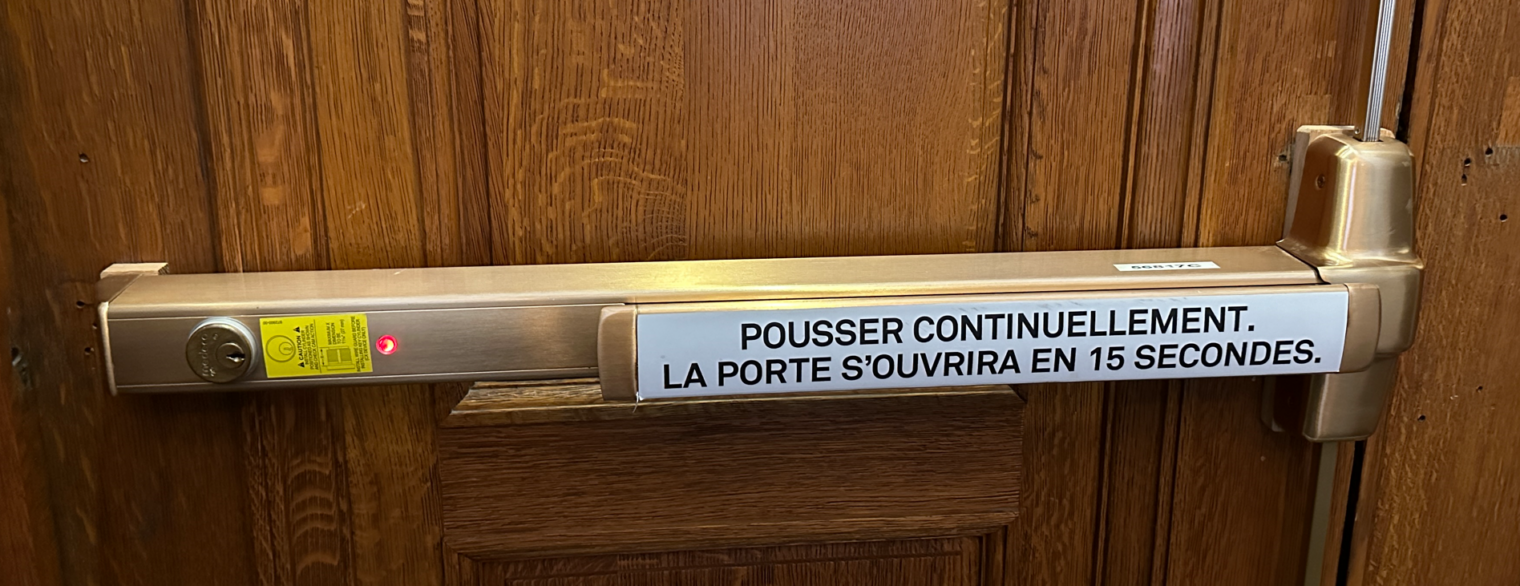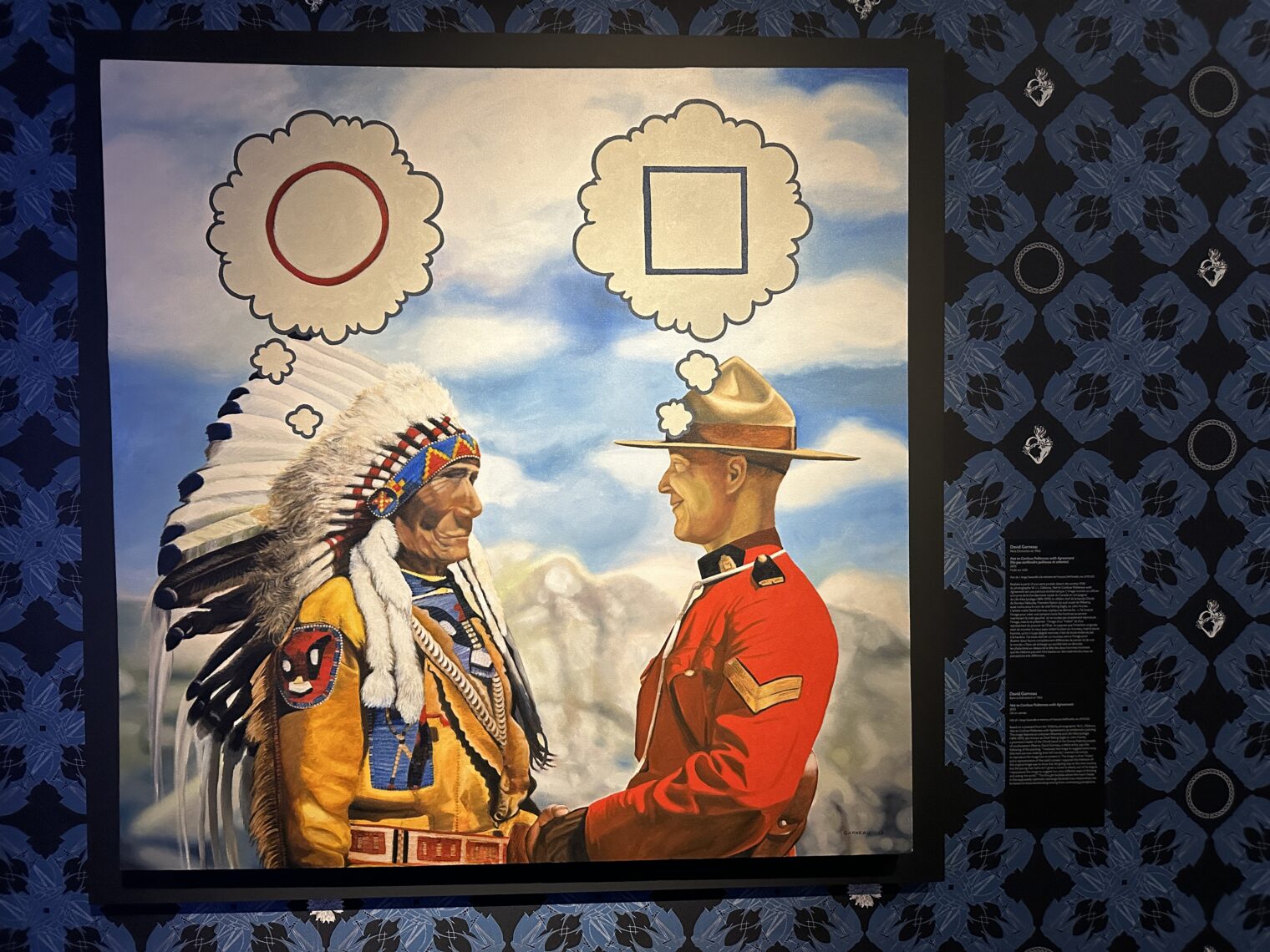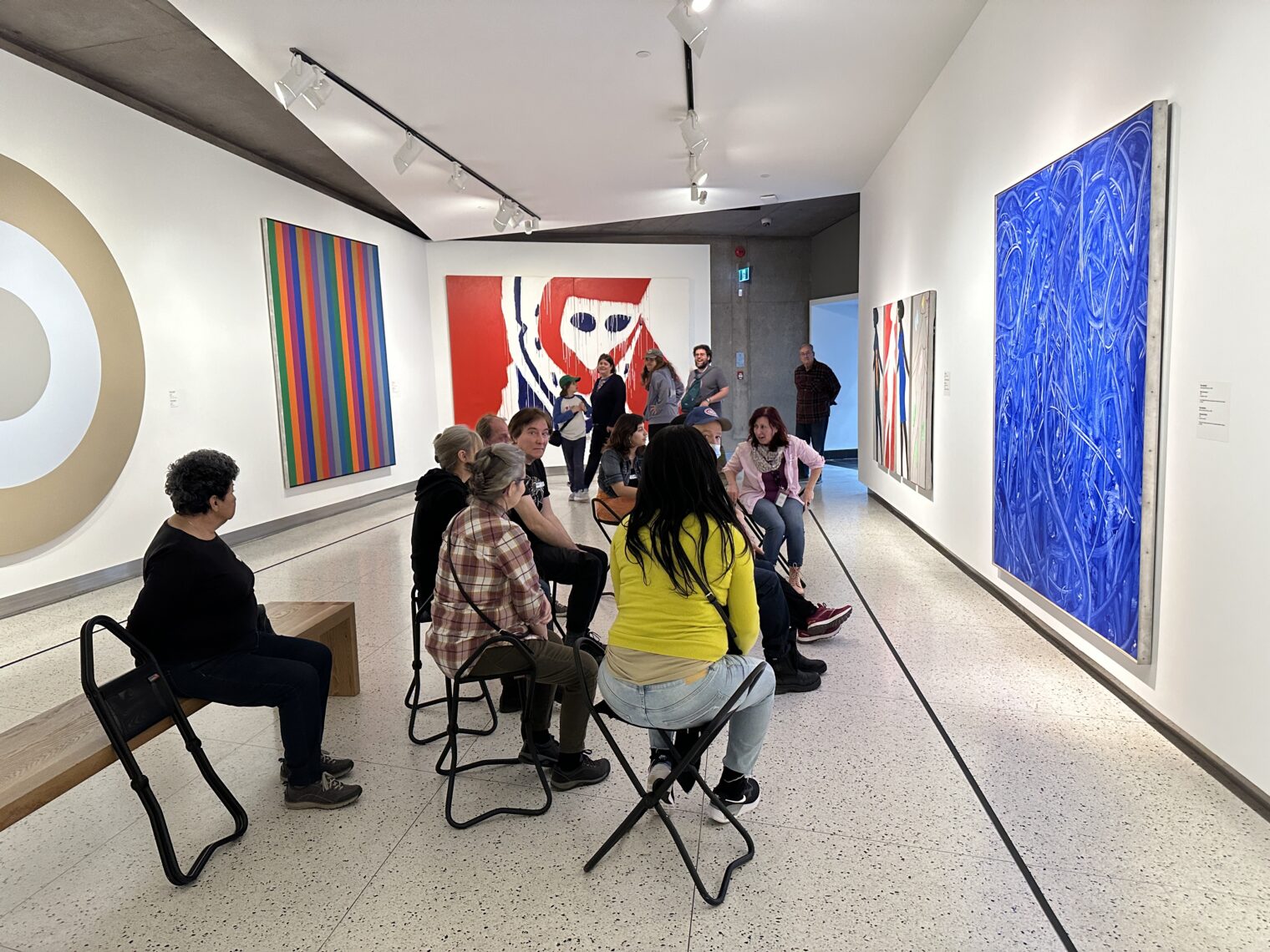To show the world’s Jew-haters just how wrong they are about rich Wall Street Jewish speculators controlling everything from behind the scenes, some rich Wall Street Jewish speculators have forced out the president of University of Pennsylvania. “UPenn President Liz Magill has resigned, but antisemitism remains a problem on college campuses” (CNN):
Last week, Magill and her counterparts from Harvard University and the Massachusetts Institute of Technology were called to testify in a hearing before the House Committee on Education and the Workforce.
Magill, along with Claudine Gay of Harvard University and Sally Kornbluth of MIT, gave widely criticized testimony, in which they failed to condemn calls for the genocide of Jews as explicitly against campus harassment and bullying codes.
Unable to imagine a job more secure than university bureaucrat, I was stunned by this development. I’m also dismayed because I don’t think that this will change anyone’s mind and, I guess, I’m a free-speech absolutist. If Liz Magill had straight-up told the politicians “I hate Jews, hope that more of them are killed, and hope that the Islamic Resistance Movement (‘Hamas’) and Palestinian Islamic Jihad achieve their long-sought river to the sea liberation even if they have to kill every Jew in Israel” I wouldn’t call for her resignation.
[Note that in the consequence-free world of non-profit orgs, “resigned” means “will collect a paycheck for rest of life”. Magill will be a tenured professor at the Penn Law school until she decides that she would rather get a pension check than a paycheck. She could be older than Joe Biden by the time she finally stops working at the university from which she reportedly “resigned”.]
Speaking of changing minds, here’s a November 9, 2023 email from President Claudine Gay (the African-American Studies expert elevated in 2022 to the top job so that she can direct Harvard’s crucial efforts to save humanity from climate change, SARS-CoV-2, and other scientific/tech-related hazards) to everyone even slightly affiliated with Harvard:
The subject line was “Combating Antisemitism”, but the body of the letter reminds us that “Islamophobia” is the real problem. That’s not the best part, however:
We will implement a robust program of education and training for students, faculty, and staff on antisemitism broadly and at Harvard specifically. As part of this program, we will provide education about the roots of certain rhetoric that has been heard on our campus in recent weeks, and its impact on Jewish members of our community, to help us all better recognize antisemitism in daily life and interrupt its harmful influence.
What I wrote to a Harvard professor friend at the time:
Imagine thinking that a Muslim student or staff member, outraged over what Britain and the UN did in 1947 and over what Israel has done every year from 1948 onward will be persuaded to see the Jew-loving light by some pabulum that Harvard spoons out. Egos big enough to assert that Israel doesn’t need nuclear weapons for its security because as soon as someone from Harvard with a giant brain speaks, all of the previously hostile Arabs and Iranians will say “Oh, the Nakba was actually a good thing.”
I have more respect for this Palestinian woman who says she is willing to sacrifice her 17 kids and 65 grandchildren to achieve Hamas’s goals.
(I disagree with the Palestinian grandmother’s goal, but at least she is not deluded about what is achievable as President Gay is.)
Is it unfair to hold college bureaucrats responsible for what students and staff say on campus? Elite American universities have controlled speech so tightly since 2016 that any statement heard on campus can be considered officially approved speech. Bureaucrats suppressed criticism of BLM, mask orders and school closures, forced vaccination. rainbow flag worship, etc. If they don’t suppress criticism of Jews and/or Israel then they actually are effectively endorsing it despite their born-again conversion to the Church of the First Amendment. Despite swimming in tax dollars and tax subsidies, private universities aren’t bound by the Bill of Rights. State universities, on the other hand, are subject to limits on what their DEI squads can suppress. You might hear something upsetting on the campus of University of Texas, but you don’t have to suffer with the knowledge that the upsetting idea was officially approved by the administration.
Loosely, related, “One Law Firm Prepared Both Penn and Harvard for Hearing on Antisemitism” (NYT) shows how out of touch American elites are with the peasantry:
Two of the school presidents, Claudine Gay of Harvard and Elizabeth Magill of Penn, prepared separately for the congressional testimony with teams from WilmerHale, according to two people familiar with the situation who asked not to be identified because the preparation process is confidential.
WilmerHale also had a meeting with M.I.T.’s president, Sally Kornbluth, one of the people said.
Lawyers for WilmerHale sat in the front row at the hearing on Tuesday. They included Alyssa DaCunha, who leads the firm’s congressional investigations and crisis management practices, and Felicia Ellsworth, the vice chair of the firm’s litigation and controversy department.
If these administrators had $100,000 of prep from an elite law firm, how could one (so far) have lost her job?
Let’s look at the WilmerHale web site:
We’re proud of how these efforts were reflected in our 2022 summer associate class: 60% women, 37% students of color and 14% LGBTQ. Our new hires are invited to join our affinity groups as soon as they arrive. We have five active affinity groups: Asian American Affinity Group, Black/African American Affinity Group, Latino Affinity Group, LGBTQ Affinity Group and Middle Eastern Affinity Group.
We support Practice Pro’s 1L Diversity Scholar Program, which provides coaching, training and recruiting opportunities for law students from underrepresented backgrounds.
They proudly trumpet their sorting of Americans by skin color, gender ID, 2SLGBTQQIA+ lifestyle, etc. They disclose their practice of discriminating against white males (they have “recruiting opportunities for law students from underrepresented backgrounds”; i.e., white males cannot apply to these opportunities). Harvard, Penn, MIT, and WilmerHale are all so isolated from the peasants that they are unaware that anyone might oppose this kind of sorting. The same web page also proudly describes the firm’s suppression of thoughtcrime:
We support professional development and inclusion through… internal workshops that educate lawyers and staff about implicit bias, allyship and other topics, giving attendees the tools to interrogate their own assumptions and behavior
In other words, they teach employees that it is unacceptable to say anything critical of DEI.
Should we blame the university presidents and fire them? I blame the rich Jews instead! If they love Israel so much that they don’t want daily “river to the sea” demonstrations on campus, they should have been donating to universities in Israel where the money would actually make a difference (Israeli schools don’t have $50 billion in the bank, as Harvard does). If they don’t like officially approved hate speech they should have been donating to state universities here that are bound by the First Amendment and can’t approve any speech (a donation to a state university would also make a bigger difference than if given to an Ivy League school). On a broader basis, progressive Jews can also be considered responsible for the current political and social situation in the U.S. These folks worked hard starting in 1965 to fill the U.S. with Muslim immigrants, to increase the voting participation rates of young Americans and Americans of color, and to get Muslim women and women of color into Congress. Now it seems that these are precisely the groups that support the Palestinians against Israel. “Half of adults in new poll support Israel’s action in Gaza, 45 percent disapprove” (The Hill, November 30, 2023):
White adults were also more likely to back Israel’s moves compared to Americans of color, the poll found; 61 percent of white adults said they supported Israel’s response, while just 30 percent of people of color said the same.
Men were also more likely to voice their support for Israel than women, with 59 percent of men backing Israel in the war, compared to 44 percent of women. Thirty-seven percent of men and 52 percent of women said they disapproved of Israel’s military actions.
Sixty-four percent of adults aged 18-34 said they disapproved of Israel’s decisions in Gaza. Half of those aged 35-54, and 63 percent of those 55 and older, said they approved.
Progressive Jews who want to see Israel survive as a nation are hoist with their own petard. They’ve successfully transformed American society via immigration and American politics and now they want to suppress the manifestations of these transformations. I don’t see the point, though. A Jew-hater who has been temporarily silenced will still be a Jew-hater and, if present immigration and political trends continue, will be able to speak and act on that Jew-hatred soon enough.
The current progressive Jewish theory seems to be that Harvard, et al., are molding a Jew-hating society. What if it is progressives who created a Jew-hating younger generation and Harvard merely reflects a transformation that has already occurred (see the poll results above for the 18-34-year-olds). Universities cater to their audience and today’s audience is very different than the 1970s and 1980s audiences of which the angry donors were a part. (See, for example, “Majority of Americans 18-24 think Israel should ‘be ended and given to Hamas’” (New York Post, December 16, 2023): “Just 4% of Americans 65 and over said they felt Israel should be ended.”)
Related:
- “The Vanishing: The erasure of Jews from American life” (Tablet, February 2023): just 4% of elite American academics under 30 are Jewish (compared to 21% of boomers). … Jews now number just 7% of Ivy League students, compared to 10% during the height of the antisemitic quotas … “The university has decided that DEI is the overarching principle of admissions,” one Hillel director told me. “There’s a general consensus that it’s more difficult for Jewish students to get into top tier schools.” … In New York—the seat of American Jewish political power—there are almost no Jews left in power. A decade ago the city had five Jewish congressmen, a Jewish mayor, two Jewish borough presidents, and 14 Jewish City Council members. Today just two congressmen and a single borough president remain.
- White men correctly perceive American Jews as their enemies? (2019, noting the efforts that Jewish Democrats had made to transform society)
Full post, including comments










